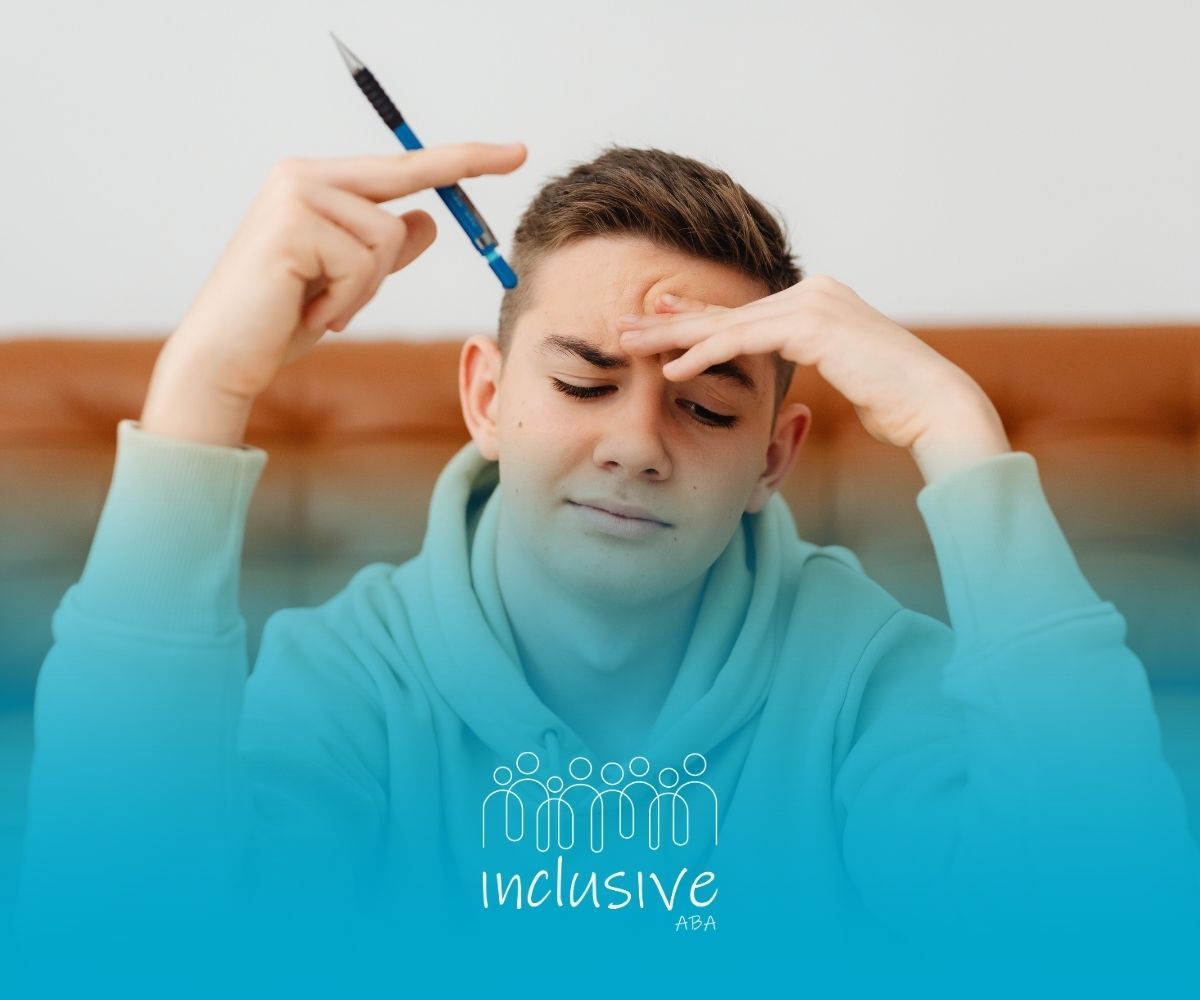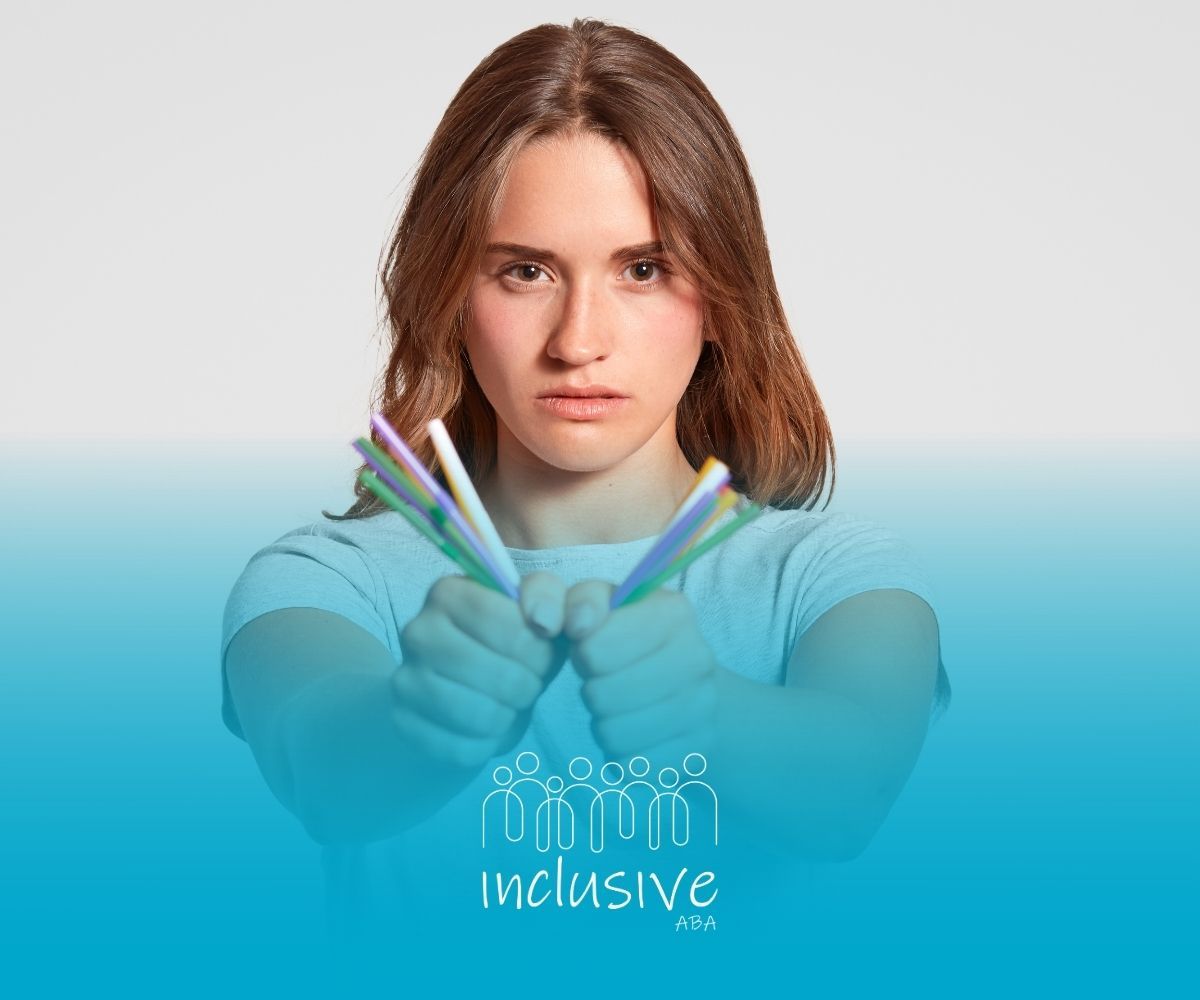The Immunization-Autism Debate: Science vs Fear
At first glance, the vaccine-autism link seems like a valid concern. You want to protect your child. But decades of research tell a very different—and reassuring—story.
One of my clients in home-based ABA therapy, Maria, had stopped vaccinating her daughter after seeing videos that tied shots to developmental delays.
She was nervous when we first spoke. But after explaining what the evidence actually shows, she said, “I wish someone had told me this earlier.”
What is Immunization?
How Immunization Works
Immunization is the process of protecting the body against infectious diseases through vaccines. These vaccines introduce a safe version of a virus or bacteria—often a weakened or inactive form—so the immune system can learn to recognize and fight it in the future.
When your child is immunized, their body builds a memory of how to defend itself. This means if they’re ever exposed to the real disease, their immune system is ready to act fast. It’s like giving their body a head start.
Why Immunization Matters
Immunization isn’t just about one child—it protects entire communities. When enough people are vaccinated, we create herd immunity, which helps shield those who can’t be vaccinated due to age or health conditions.
Vaccines go through extensive testing and safety checks before they’re approved for use by public health agencies like the FDA and CDC. Following the recommended immunization schedule is one of the most effective ways to keep your child healthy—and help prevent outbreaks of dangerous diseases.
Common Vaccines Given in Childhood
MMR and Other Key Vaccines
In the U.S., children receive vaccines that protect against diseases like:
- Measles, mumps, and rubella (MMR)
- Polio
- Chickenpox
- Tetanus
- Influenza (flu)
The MMR vaccine, typically given around age 1, is often at the center of the vaccine-autism debate—though science has repeatedly shown there’s no link.
Annual Flu Shots and Updates
The flu vaccine is updated each year to match the changing strains of the virus. It's especially important for young children, older adults, and those with chronic health conditions.
By sticking to the CDC’s recommended schedule, you’re giving your child the best protection possible at every stage of development.
The Vaccine-Autism Controversy: Where Did It Begin?
The Wakefield Study That Sparked a Global Myth
The fear around vaccines and autism began in 1998 with a study by Andrew Wakefield, published in The Lancet.
He claimed a link between the MMR vaccine and autism based on a small group of just 12 children. But the study had serious problems:
'
- The sample size was too small.
- Data was manipulated or omitted.
- Ethical concerns were raised about how the study was conducted.
Eventually, The Lancet retracted the study, and Wakefield lost his medical license due to misconduct. Despite being discredited, his claims spread rapidly and created lasting fears about immunization.
How the Media and Misinformation Made Things Worse
Media Amplification and Mistrust
After Wakefield’s claims surfaced, the media played a huge role in pushing the vaccine-autism narrative—often without including scientific counterpoints.
Social media has since amplified those fears, with misinformation spreading faster than facts.
The Role of Trustworthy Sources
Public health organizations like the CDC, FDA, and World Health Organization continue to publish research that reaffirms vaccine safety. Parents can protect themselves from misinformation by turning to reliable, science-based sources instead of headlines or hearsay.
What the Science Really Shows
Major Research Findings
Extensive studies have looked for any connection between vaccines and autism—and the results are clear: there isn’t one.
Here are just a few key examples:
| Study | Sample Size | Key Findings |
|---|---|---|
| Madsen et al. (Denmark) | 537,000 children | No difference in autism rates between vaccinated and unvaccinated children. |
| Taylor et al. (UK) | 498 children | No change in autism diagnosis rates after MMR vaccine. |
| Honda et al. (Japan) | 904 children | Autism rates did not increase, even after MMR was removed. |
These large-scale studies show that childhood immunization—including MMR—does not increase the risk of autism.
What Causes Autism?
Genetics Play the Biggest Role
Autism spectrum disorder (ASD) is a neurodevelopmental condition. Research shows that genetics are the primary factor in ASD development. For instance, identical twins are much more likely to both have ASD than fraternal twins.
Scientists have identified specific genes that influence brain development and communication between neurons. A family history of autism can also increase the likelihood of a child being diagnosed.
Environmental Factors and Debunked Theories
Certain environmental factors—like air pollution or complications during pregnancy—may also play a role. But common vaccine ingredients, such as thimerosal or the number of vaccines given, have not been shown to increase autism risk.
Multiple studies in the U.S. and Europe confirm this. In fact, rates of autism continued to rise even after thimerosal was removed from vaccines, further disproving any connection.
Talking to Parents: Easing Fears and Encouraging Confidence
Why Parents Worry
It’s understandable to have questions. Parents want to make the best decisions for their children—and when so much conflicting information is out there, it’s easy to feel unsure.
Common fears include:
- "Vaccines cause autism." They don’t. This has been thoroughly disproven.
- "Thimerosal is harmful." Research shows it's safe and no longer used in most vaccines.
- "Too many shots at once overwhelm the immune system." Not true—children’s immune systems can handle many exposures safely every day.
Tips for Making Informed Choices
- Use reliable sources like the CDC, FDA, or your child’s pediatrician.
- Ask questions during well-child visits—healthcare providers welcome them.
- Follow the recommended immunization schedule for best protection.
- Avoid unverified sources online or on social media.
Conclusion: Focus on Facts, Not Fear
There’s no scientific evidence linking immunization shots to autism. The controversy was based on a discredited study, and decades of research since then have confirmed vaccines are safe.
When parents understand where the fears came from—and what the science really says—they can feel more confident in their choices. Vaccines protect not just your child, but the community too.
If you still have questions, speak with a healthcare provider who can guide you through the facts and help you make the right decision for your family.
The fear that vaccines might cause autism has been fueled by misinformation, but decades of research tell a different story. Science is clear: vaccines do not cause autism.
Still, we know that raising a child with autism can come with a lot of questions—and you don’t have to navigate that alone. At Inclusive ABA, we provide compassionate, evidence-based therapy that’s tailored to your child and your family.
👉 If you're looking for supportive, personalized ABA services in Colorado, we're here to help. Let’s build progress—together.
Frequently Asked Questions
Can vaccines trigger autism?
No. Large, well-designed studies have consistently found no link between vaccines and autism.
Why do some people still believe vaccines cause autism?
The idea came from a discredited study and was spread widely by media and online misinformation. The scientific community has repeatedly disproved it.
Are any vaccine ingredients dangerous for children?
No. Ingredients like thimerosal have been thoroughly studied and shown to be safe.
Sources:
- https://www.cdc.gov/vaccine-safety/about/autism.html
- https://kidshealth.org/en/parents/autism-studies.html
- https://www.chop.edu/vaccine-education-center/vaccine-safety/vaccines-and-other-conditions/autism
- https://pmc.ncbi.nlm.nih.gov/articles/PMC5789217/
- https://www.autismspeaks.org/do-vaccines-cause-autism
Looking for Expert Help? We're Here for You!
Our compassionate and skilled team is devoted to enhancing your child's development through customized ABA therapy. Let us partner with you to create a supportive environment for your child's success.
Discover how we can help your family thrive with expert ABA therapy.
Related Posts







